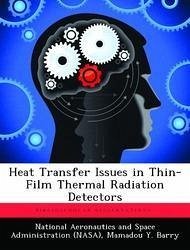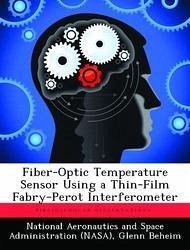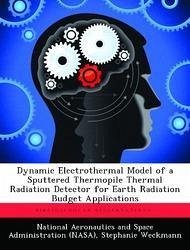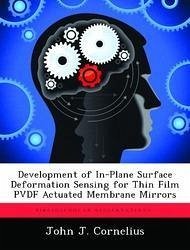Nicht lieferbar

Heat Transfer Issues in Thin-Film Thermal Radiation Detectors
Versandkostenfrei!
Nicht lieferbar
The Thermal Radiation Group at Virginia Polytechnic Institute and State University has been working closely with scientists and engineers at NASA's Langley Research Center to develop accurate analytical and numerical models suitable for designing next generation thin-film thermal radiation detectors for earth radiation budget measurement applications. The current study provides an analytical model of the notional thermal radiation detector that takes into account thermal transport phenomena, such as the contact resistance between the layers of the detector, and is suitable for use in parameter...
The Thermal Radiation Group at Virginia Polytechnic Institute and State University has been working closely with scientists and engineers at NASA's Langley Research Center to develop accurate analytical and numerical models suitable for designing next generation thin-film thermal radiation detectors for earth radiation budget measurement applications. The current study provides an analytical model of the notional thermal radiation detector that takes into account thermal transport phenomena, such as the contact resistance between the layers of the detector, and is suitable for use in parameter estimation. It was found that the responsivity of the detector can increase significantly due to the presence of contact resistance between the layers of the detector. Also presented is the effect of doping the thermal impedance layer of the detector with conducting particles in order to electrically link the two junctions of the detector. It was found that the responsivity and the time response of the doped detector decrease significantly in this case. The corresponding decrease of the electrical resistance of the doped thermal impedance layer is not sufficient to significantly improve the electrical performance of the detector. Finally, the "roughness effect" is shown to be unable to explain the decrease in the thermal conductivity often reported for thin-film layers.












